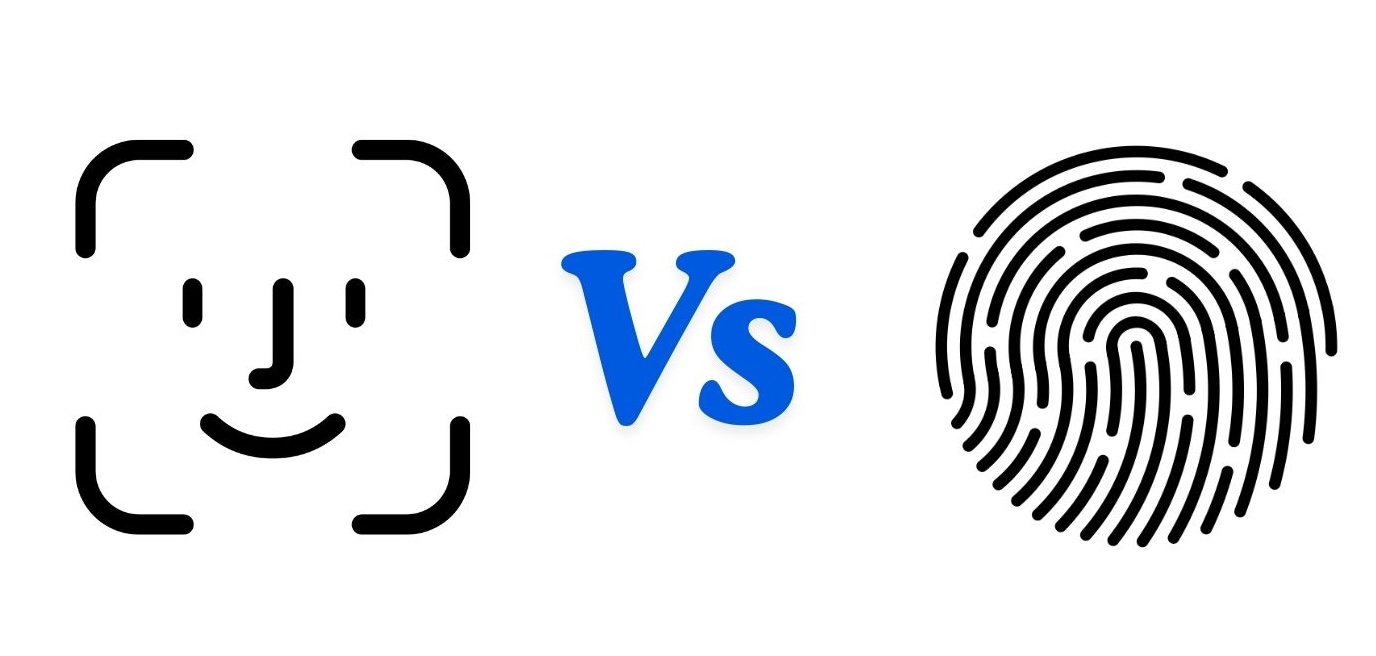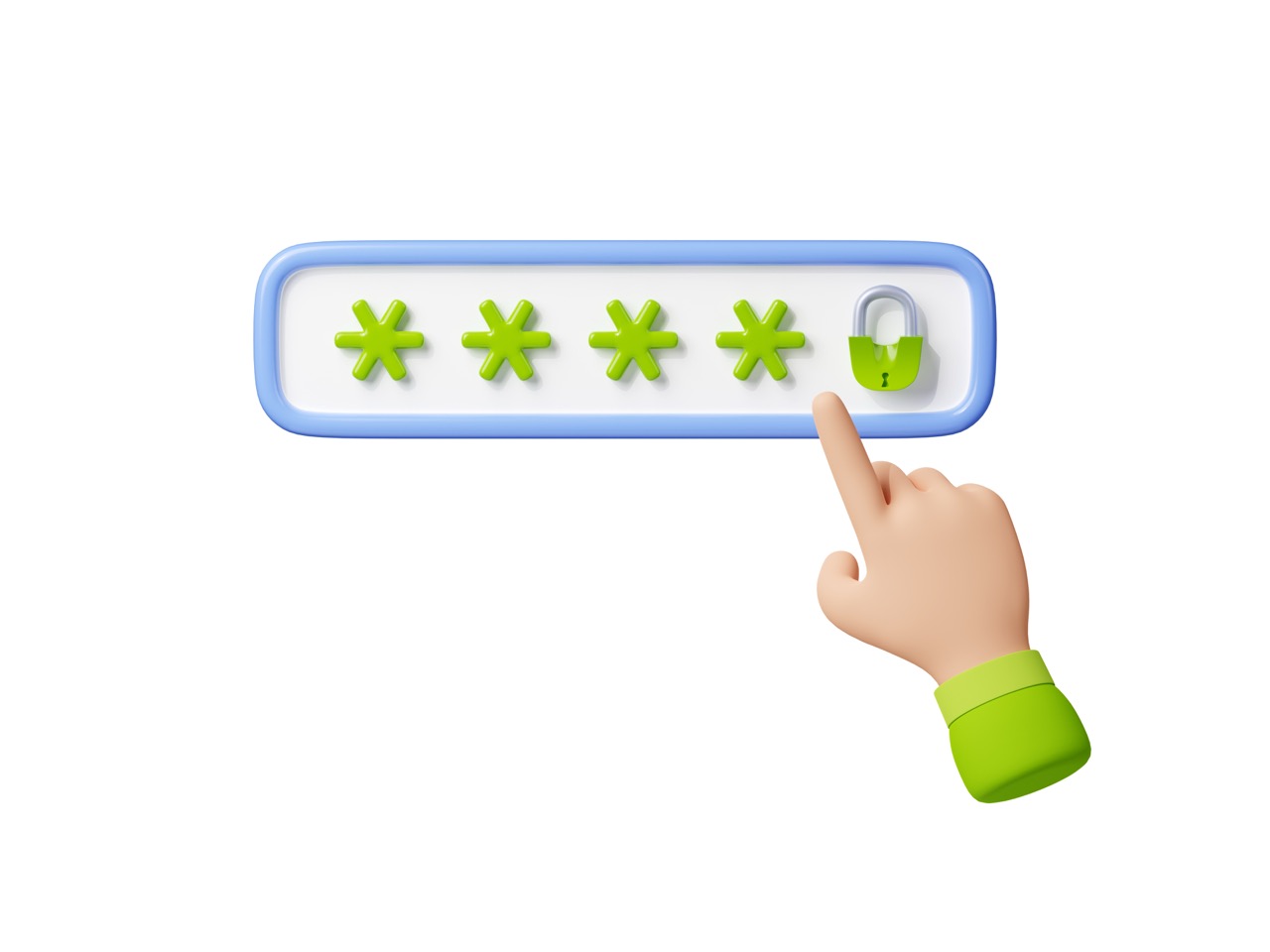The use of digital passwords has been around since the early 1960s and was accelerated by the advent of the Internet. Most platforms, including social media sites, online stores, email services, and more, require the use of a username or email and a password to log in. Despite the benefits, password security has several loopholes that bad actors can exploit to compromise online user accounts.
For instance, if a hacker or anyone with malicious intent obtains your login details (password and username), they can easily access your online accounts. You can only mitigate these kinds of attacks if your account has other security features like two-factor authentication (2FA). However, 2FA adds several steps to the sign-in process, so some users choose not to enable it. That’s where passkeys come in!
Passkeys offer a more secure and seamless way to sign into your online accounts. This is why all the major platform vendors, including Apple, Microsoft, and Google, have come together to promote passkeys as the future of signing into online accounts. In this article, we will explore everything you need to know about passkeys and how they are likely to replace passwords in the next couple of years. Let’s start with the basics of passkeys and how they work.
What Are Passkeys
Passkeys are a new way to access your online applications and websites by utilizing keys stored on your device. These keys are typically securely stored on devices such as smartphones or computers and serve to authenticate your identity when logging into an online account. With passkeys, the need to input any details during the sign-in process is eliminated.
Apple was among the first major brands to popularize passkeys with their introduction in iOS 16, iPadOS 16, and macOS Monterey. However, Passkeys were not invented by Apple. Instead, they are a new standard that has been developed by several players, including tech companies like Google and Microsoft, and other organizations such as FIDO Alliance and the World Wide Web Consortium (W3C).
When creating an account on a website or app that supports passkeys, a secure passkey (private key) is generated and stored on your device. Additionally, another key (public key) is stored on the servers of the website or app. Therefore, whenever you wish to sign into this online account, these keys (public and private) are compared to verify your identity. Typically, accessing the passkeys on your device requires biometric authentication, such as Face ID or fingerprint recognition.
If you already rely on a Password Manager platform like 1Password or first-party options like Apple’s iCloud Keychainand Google Password Manager, your passkeys will be securely stored on all devices where the Password Manager is installed. This facilitates easy access to your online accounts regardless of the device you choose to use.
The good news is that most of the popular sites and apps now support Passkeys. Some of these include Amazon, Google, eBay, BestBuy, Apple, Facebook, Discord, Stripe, Microsoft, Netflix, PayPal, Shopify, Yahoo, and TikTok. You can use this Fido Alliance Passkeys directory to find out if your favorite website supports Passkeys. All these websites support passkeys along with passwords. So, for now, users can choose between the two. However, in the next couple of years, they will likely fully shift to passkeys.
Why Passkeys are Better than Passwords
Let’s explore the reasons passkeys will eventually replace passwords:
1. Enhanced Security
Passkeys offer more security compared to traditional passwords. This is achieved through the utilization of cryptographic keys, which are stored securely on the user’s device. Cryptographic keys are highly complex and virtually impossible to guess, providing a robust defense against unauthorized access to online accounts. Passkeys are also often tied to specific devices and may require biometric authentication, such as fingerprints or facial recognition.
Unlike passwords, which are vulnerable to phishing attacks and can be easily stolen or guessed, passkeys provide a higher level of protection against such threats. Passkeys are also stored locally on user devices rather than on centralized servers, making them less susceptible to data breaches that may compromise passwords stored in online databases.
2. No Need to Remember Complex Passwords
Passkeys offer a solution to the common challenges associated with passwords. They eliminate the need for users to remember complex passwords or risk using weak ones. This simplifies the authentication process and eliminates the likelihood of password-related security breaches. Users can rely on their devices to securely store and manage their passkeys, saving them the burden of memorizing multiple passwords for various online accounts.
3. Convenience
Passkeys enhance convenience by streamlining the authentication process for users. With passkeys, users can seamlessly sign into their online accounts without having to manually enter their credentials each time.
This saves time and effort, particularly on mobile devices where typing passwords can be cumbersome. By enabling quick and effortless access to online accounts, passkeys enhance the overall user experience of signing into your accounts without compromising security.
4. Resistance to Keyloggers
Passkeys offer robust protection against keyloggers, which are malicious software programs designed to record keystrokes and steal passwords. Since passkeys are typically stored and entered using secure methods such as biometric authentication, they cannot be intercepted by keylogging malware.
So, even when your device is compromised by keylogging software, your passkeys remain secure and inaccessible to attackers. As a result, passkeys provide an additional layer of defense against cyber threats, enhancing overall security posture.
5. Enhanced User Privacy
Passkeys prioritize user privacy by storing authentication data locally on the user’s device rather than in centralized databases on the internet. This reduces the risk of data exposure and unauthorized access since sensitive information is not stored or transmitted over the Internet. Passkeys also allow users to maintain control over their authentication credentials, enhancing trust and transparency in the authentication process.
Final Thoughts
Those are the main reasons why passkeys are poised to replace passwords, which have been in use for more than 60 years. However, this transition will occur gradually, as it takes time for platforms (websites and apps) and users to adopt new standards. To embrace this secure future, I recommend enabling passkeys for all the apps and websites that currently support them.
To begin, if you’re in the Apple ecosystem, you can start by enabling passkey sign-in for your Apple ID. For Android users, enable passkey sign-in for your Google (Gmail) account. You can also gradually start enabling passkeys for other websites and apps you use, such as Twitter, TikTok, and Facebook if they support them. This way, you’ll be prepared and equipped for a much better and secure digital future.





